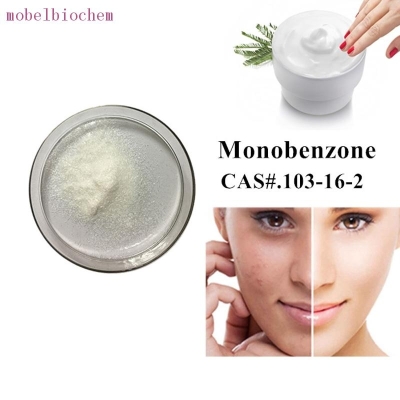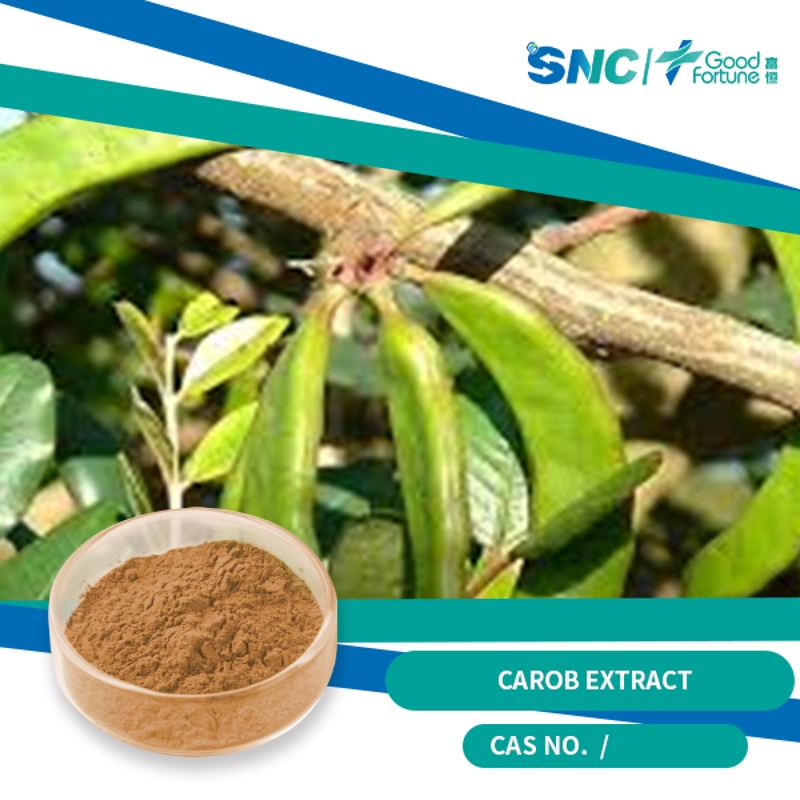New materials can be synthesized from orange peel extract and carbon dioxide
-
Last Update: 2016-06-27
-
Source: Internet
-
Author: User
Search more information of high quality chemicals, good prices and reliable suppliers, visit
www.echemi.com
A polycarbonate material, plimc, was synthesized from limonenox (limonenox ID) extracted from orange peel and carbon dioxide by a team from Bayreuth University in Germany This pure natural green material has a wide range of uses, and the results are published in the journal Nature communication Plimc is a kind of special polycarbonate material synthesized by limonene oxide and carbon dioxide It is different from general polycarbonate in that it does not contain bisphenol A Therefore, the new polycarbonate based on natural biological elements has a series of special properties and special industrial application value Plimc is heat-resistant, transparent and high strength, especially suitable for coating Professor Greiner, head of the research team, explained: "the specific examples we found show that plimc is particularly suitable as a raw material, with double bonds, which can be used for further directional synthesis, and then develop many functional materials with characteristics." For example, the anti microbial polymer based on plimc can be synthesized, which can be used to develop new drugs to prevent the accumulation of human Escherichia coli; it can be made into containers used in medical treatment and nursing, which can significantly reduce the risk of infection in the hospital environment, or it can be used as human implantation materials to avoid tissue inflammation and infection In addition, plimc, as a hydrophilic polymer raw material, has strong interaction with water, so it can be relatively quickly decomposed by microorganisms It can also be used as seawater treatment material to decompose harmful components in seawater In the future, using this material to make plastic bottles, plastic bags or other containers can greatly reduce the pollution caused by non soluble plastic particles in the ocean "If you want to selectively develop new materials based on plimc, there are almost no restrictions," said Dr Hahn Stein, who plays an important role in synthesis "Producing plimc is simple and environmentally friendly," he said From orange peeled, orange juice production to orange peel utilization, it can be recycled, and the carbon dioxide emitted in production can be used to prevent it from being released into the atmosphere In addition, the development of various plastics based on plimc will not have great technical difficulty and financial burden, which can be ecologically harmless and recyclable " Professor Greiner added: "plastic companies often suspect that new inventions only satisfy technological progress and that actual production is not feasible Our research results clearly show that this new plastic is not only environmentally friendly, but also can meet the requirements of high process production "
This article is an English version of an article which is originally in the Chinese language on echemi.com and is provided for information purposes only.
This website makes no representation or warranty of any kind, either expressed or implied, as to the accuracy, completeness ownership or reliability of
the article or any translations thereof. If you have any concerns or complaints relating to the article, please send an email, providing a detailed
description of the concern or complaint, to
service@echemi.com. A staff member will contact you within 5 working days. Once verified, infringing content
will be removed immediately.







